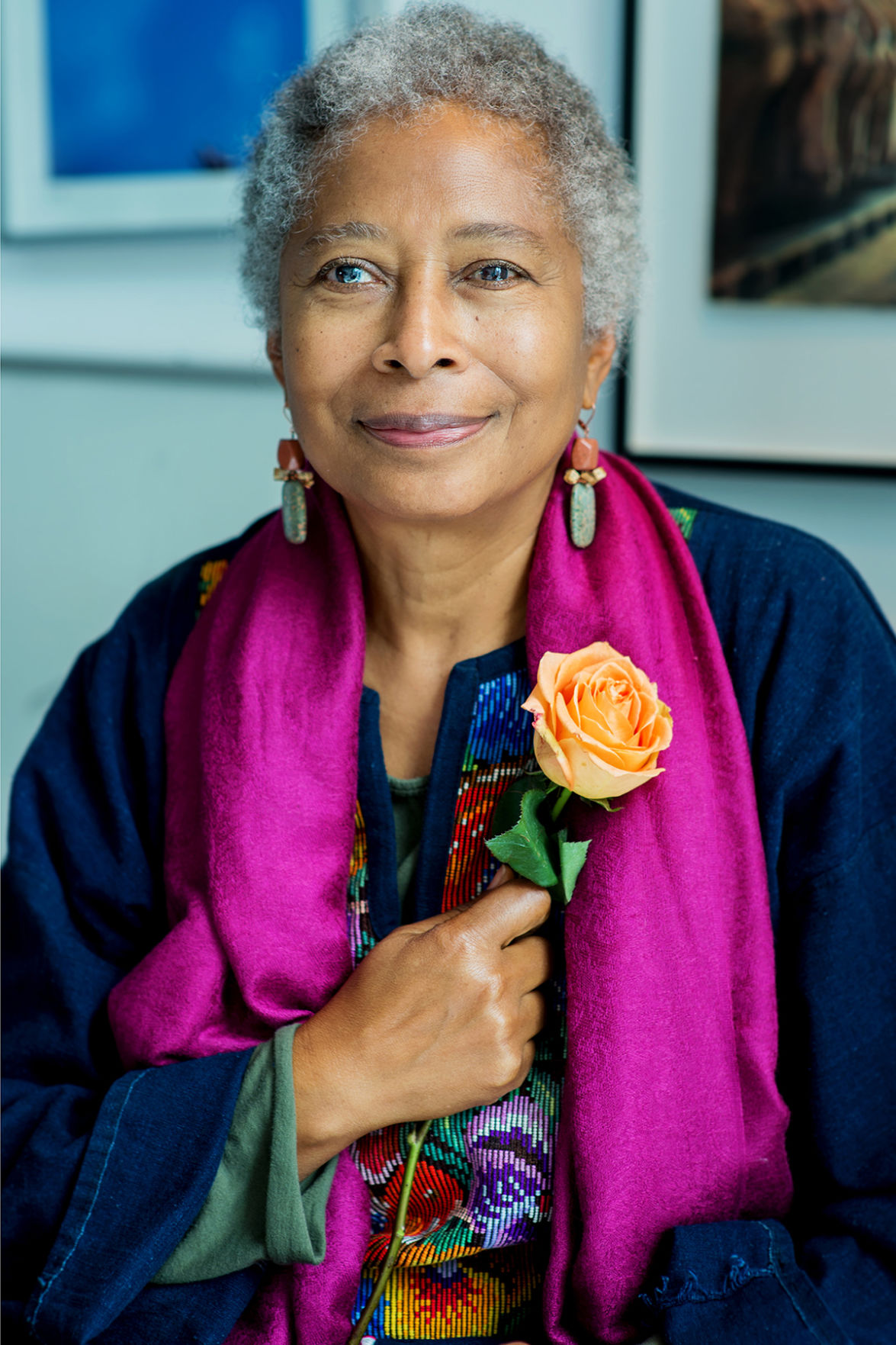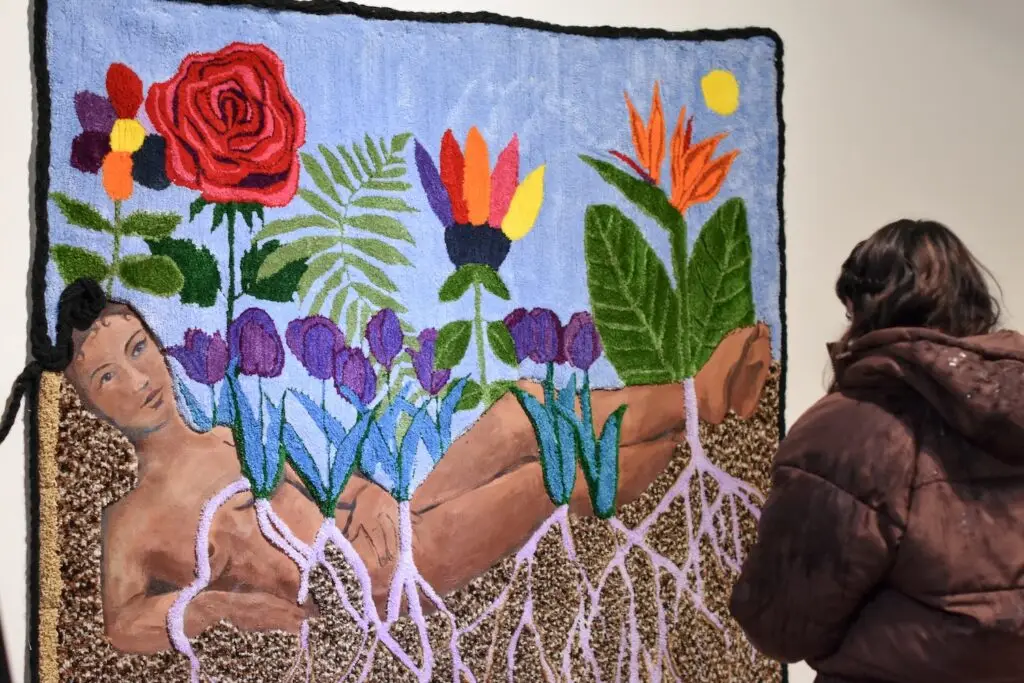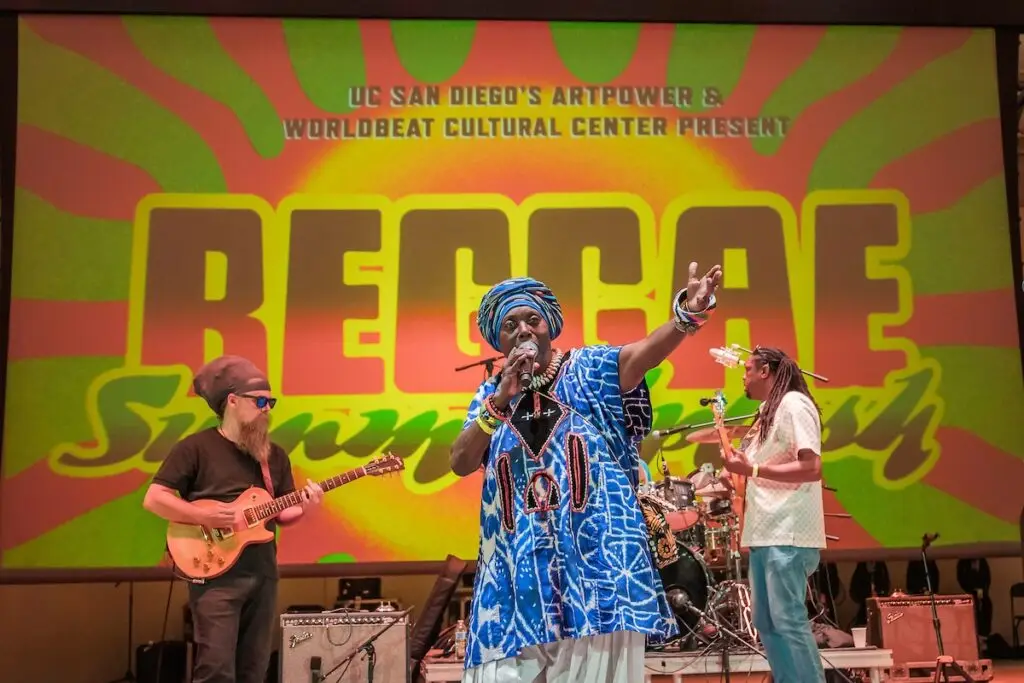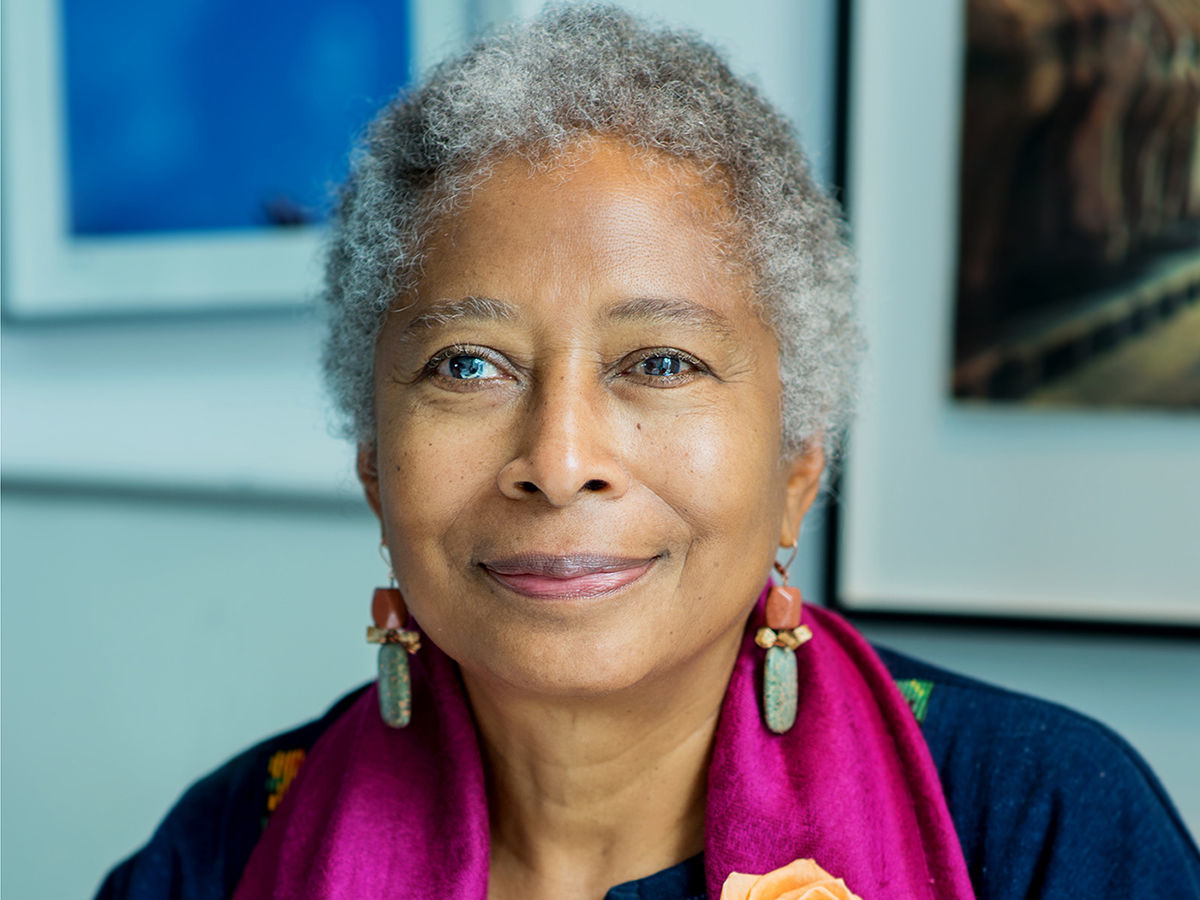
Alice Walker
She may be best known for her novel The Color Purple, which is taught in schools around the world (and became a movie starring Oprah Winfrey), but deep down, the Pulitzer Prize winner considers herself a poet. Alice Walker has a new book of poems, Taking the Arrow Out of the Heart, and she’ll be talking about her work—which has been translated into 20 languages—when she’s in San Diego for the annual Writer’s Symposium by the Sea at Point Loma Nazarene University. Ahead of her appearance, she shares with us some of her own story.
The Color Purple has been adapted for nearly every medium and won the Pulitzer Prize. What has made this story so everlasting?
It’s because the offering of the story was pure. It was a chance to pay homage to my grandparents, and I didn’t have an ax to grind. The story endures because it opens a window to the sexual abuse of children. When I saw the stage play, I was astounded to see the audience rise in a standing ovation. It is because many of them were abused as children, too. The story gives them a chance to say, “Me too.” It gives people a chance to go back into their lives, encouraged to live a life of joy.
You’ve written memoirs, fiction, poetry, essays—what type of writing comes most naturally to you?
Poetry is my home. But people are afraid of poetry, because they feel they don’t understand it and they are afraid of looking stupid, so a lot of people avoid it. Poetry is fickle—that’s why I love it. My spirit loves its freedom. You can’t force a poem. You can only wait. But I am committed to human beings and the earth, so my offerings need to be shaped accordingly.
You spend part of your year in Mexico and part of it in California. Which location most inspires your writing?
I can write in both places, but I love being in Mexico. Each year I go to the same place, which feels like the middle of nowhere. I am among regular people in a community that feels like the one I was born into in the South. The elders are part of everything. The children are loved. People are courteous. I’ve never had a problem anywhere in Mexico, which is something I can’t say about the US.
You’ve written so much about race and racial tensions. As you look at the US today, are we making any progress when it comes to race?
I would turn that question around and ask, “Have you made any progress?” You’re only responsible for the progress you can make. We’ll either make it or we won’t.
Often when people meet you, they’re surprised by your joy. You’ve experienced considerable struggle in your life. Why aren’t you bitter?
I do experience sadness. We all go through angry states. But you don’t have to live there. Why would you want to stay there? Most people on the planet don’t realize where they are—we’re already in paradise. I am so grateful I’ve had all these years. Even the terrible things have had streaks of beauty. I’ve seen the terrible stuff. But I’ve seen the other stuff, too. I just love this life so much.
PARTNER CONTENT
Dean Nelson is the founder and director of Point Loma Nazarene University’s journalism program and the host and founder of the university’s Writer’s Symposium by the Sea.


















